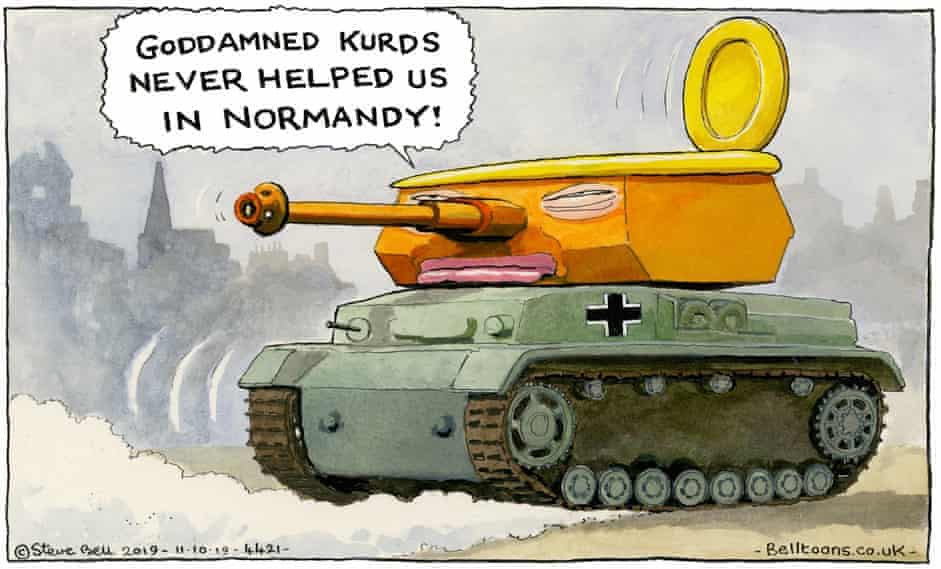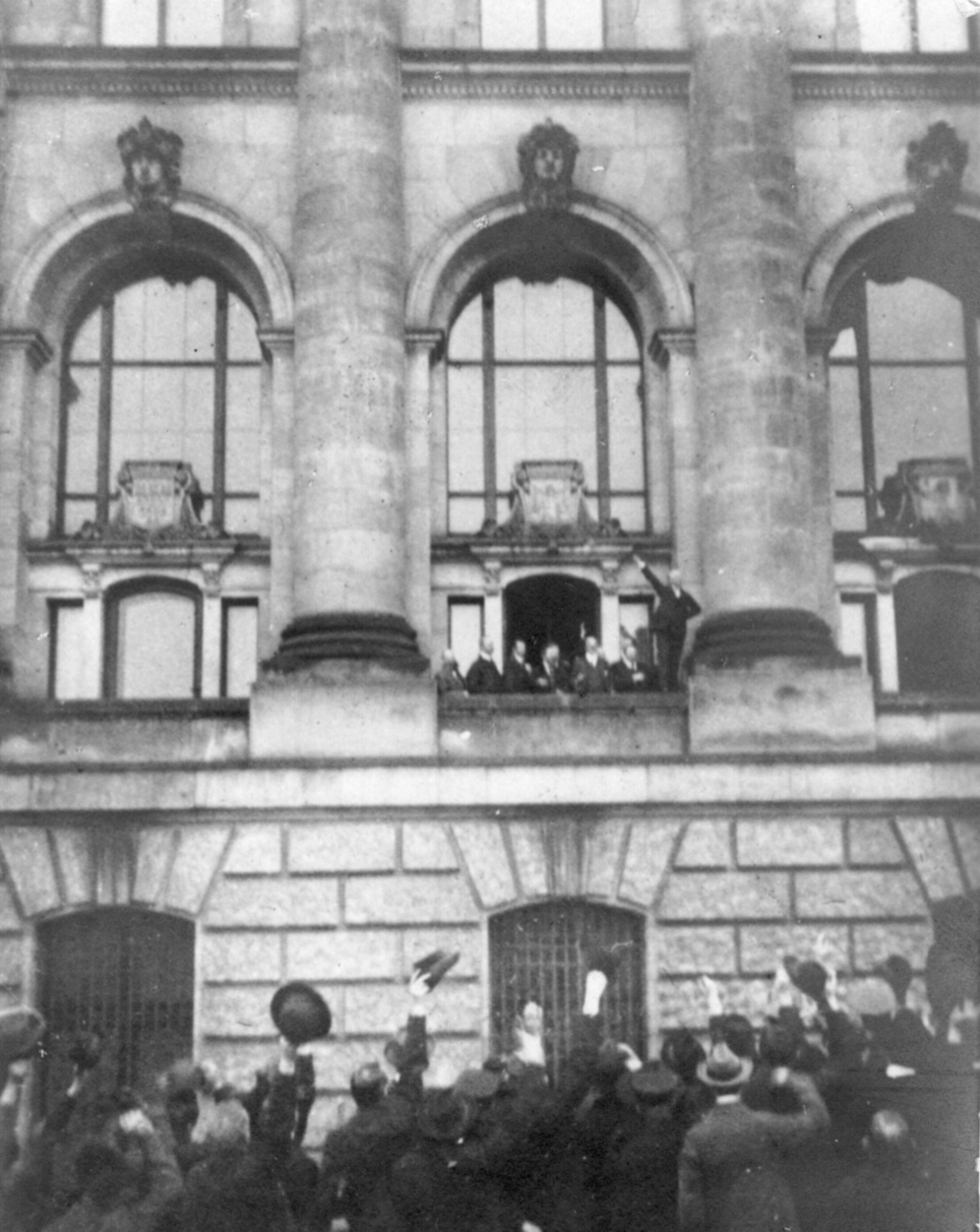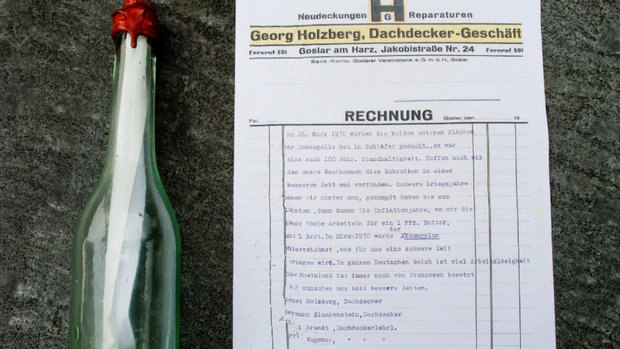Tragically brilliant.
Tag: Germany
9 November: Schicksalstag
In the next few days, there will be much remembrance of the events of 100 years ago—the end of World War I. Not as much in the U.S., where World War I is like the Korean War, a largely forgotten conflict, even though 115,516 Americans died between 1917-1918, along with over 320,000 sickened, most in the influenza epidemic of 1918.
German Roofer Finds Message from Grandfather
A message in a bottle on the roof of a Goslar, Germany, cathedral was found by the grandson of the writer. An authentic lesson from history: “On March 26, 1930, four roofers in this small west German town inscribed a message to the future. “Difficult times of war lie behind us,” they wrote. After describing...
They Don’t Like the New ‘America First’ As Much As They Did the Lindbergh Version
So let's see if I've got this. Germany, a country in which there are still many women alive who were raped by invading Russian Red Army soldiers and in which the human products of those rapes are still living, now trust … Russia more than the United States.



